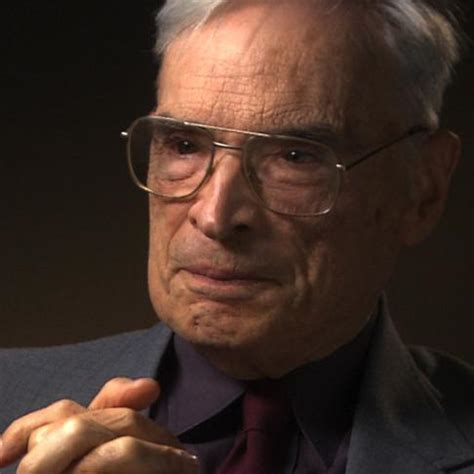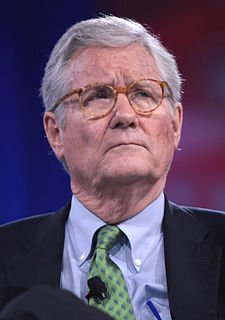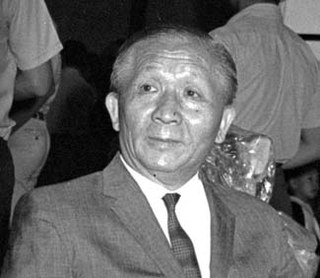A Quote by Herman Melville
He, who, in view of its inconsistencies, says of human nature the same that, in view of its contrasts, is said of the divine nature, that it is past finding out, thereby evinces a better appreciation of it than he who, by always representing it in a clear light, leaves it to be inferred that he clearly knows all about it.
Related Quotes
Books of natural history aim commonly to be hasty schedules, or inventories of God's property, by some clerk. They do not in the least teach the divine view of nature, but the popular view, or rather the popular method of studying nature, and make haste to conduct the persevering pupil only into that dilemma where the professors always dwell.
The only thing that one really knows about human nature is that it changes. Change is the one quality we can predicate of it. The systems that fail are those that rely on the permanency of human nature, and not on its growth and development. The error of Louis XIV was that he thought human nature would always be the same. The result of his error was the French Revolution. It was an admirable result.
If we take seriously the word-flesh Christology of Chalcedon (i.e., the doctrine that Christ is fully human and fully divine) and view Christ as the telos toward which God is drawing the whole of creation, then any view of the sciences that leaves Christ out of the picture must be seen as fundamentally deficient.
In the biblical worldview, the purpose of all creation is to benefit man. This anthropocentric view of nature, and indeed of the whole universe, is completely at odds with the current secular idealization of nature. This secular view posits that nature has its own intrinsic meaning and purpose, independent of man.
We are seeing, then, that our experience is altogether momentary. From one point of view, each moment is so elusive and so brief that we cannot even think about it before it has gone. From another point of view, this moment is always here, since we know no other moment than the present moment. It is always dying, always becoming past more rapidly than imagination can conceive. Yet at the same time it is always being born, always new, emerging just as rapidly from that complete unknown we call the future. Thinking about it almost makes you breathless.
With reason, then, the common opinion of mankind, little affected by the few dissentients who have contended for the opposite view, has found in the careful study of nature, and in the laws of nature, the foundations of the division of property, and the practice of all ages has consecrated the principle of private ownership, as being pre-eminently in conformity with human nature, and as conducing in the most unmistakable manner to the peace and tranquility of human existence.
Christ is of two natures, the human and the divine, and we are the same: we are of the human nature, but covered with the divine. He is the God-man, and we are the God-men. He is the ark made of wood covered with gold, and we are the boards made of wood covered with gold. In number we are different, but in nature we are exactly the same.
People say human nature is a very vague expression, people tend to say human nature is corruptible anyway and it comes from a theological point of view, goes back to the Garden of Eden, that there is always this corrupt gene waiting to be activated that we inherited from the very beginning. I don't believe in that theological excuse.







































